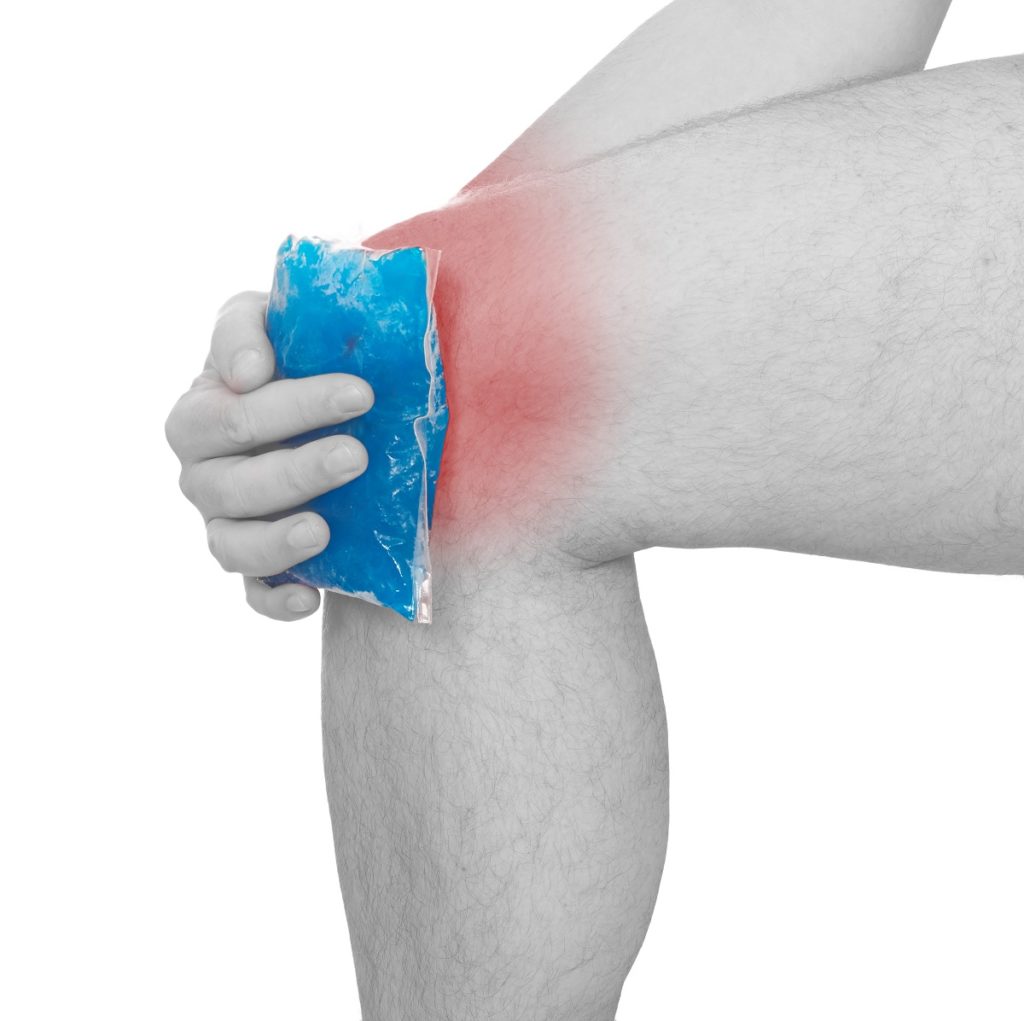Do you know someone who frequently complains about stomach pains? Do you experience digestive discomfort every day of the week? Then it may be time to consult with a physician.
According to one study, as many as 11 percent of the people in the United States are living with some form of chronic gastrointestinal problem. These diseases range from the embarrassing and mildly inconvenient to the painful and life-threatening.
So how can you tell if your rumbly tummy is just the result of a poor lunch order or the symptom of something far more uncomfortable? Below are some of the most common gastrointestinal problems found in the United States. Although they must be confirmed by reliable gastroenterology, learning about their symptoms can help you detect them before they get worse.
1. Gastroesophageal Reflux Disease
Sometimes, when you’ve eaten too much, the acid in your stomach can backflow up your esophagus. This is known as acid reflux and may cause heart burn. But if this occurs too often, you may be suffering from gastroesophageal reflux disease or GERD. Symptoms of GERD include:
- Heartburn and acid reflux either every day or twice every seven days.
- Constant bad breath.
- Persistent chest or upper abdomen pains.
- Persistent nausea.
Treatment of GERD can include regular antacids, not eating food that triggers the condition, and not reclining after you’ve eaten. More severe cases, however, can merit more radical treatments that involve stronger medication or even surgery.
2. Irritable Bowel Syndrome

Irritable bowel syndrome, or IBS, is one of those diseases that researchers aren’t quite clear about the cause. However, it is known that IBS can be activated by triggers such as stress and eating the wrong kinds of food. Symptoms of IBS include:
- Stomach pains that occur thrice in one month.
- Feeling bloated after a meal.
- Inconsistent stool solidity.
Because its direct cause is unknown, IBS treatment usually addresses your diet. For example, a doctor might recommend that you not eat food that triggers the condition such as alcoholic beverages or dairy. Stress reduction might also prevent IBS.
3. Celiac Disease
Ever know someone who says they must not eat gluten? Although the gluten-free movement has been subjected to derision, sensitivity to the substance is a real thing. Also known as celiac disease, it’s a very serious disorder that can cause a host of painful symptoms after eating gluten. Someone with celiac disease cannot process gluten, a nutrient that’s found in grains such as wheat and rye. Consuming gluten causes their body to attack itself and prevent the absorption of nutrients. Its symptoms include:
- Pain in the abdomen.
- Severe fatigue.
- Bone deterioration and loss.
The most common treatment for celiac disease is to avoid eating gluten. Thanks to the host of gluten-free products and alternatives in the market, you’ll have an easier time of living with this disorder.
4. Gallstones
A poor diet that contains too much cholesterol and poor lifestyle choices can lead to waste and cholesterol building up in your gall bladder. This organ is responsible for generating bile, a substance important to proper digestion. When the cholesterol and waste congeal, they form gallstones, which can cause unmistakable pain and discomfort in your upper abdomen. If the gallstone is small enough, medication can dissolve it. Otherwise, surgery is needed to extract it. Decreasing the cholesterol in your diet and regular exercise to help burn it off can prevent gallstones from forming or recurring.
The stomach is your body’s furnace and taking good care of everything directly involved in that system is essential in keeping healthy. Learning more about the most common problems associated with your tummy can be a stepping stone in preventing serious harm from affecting you.




